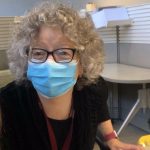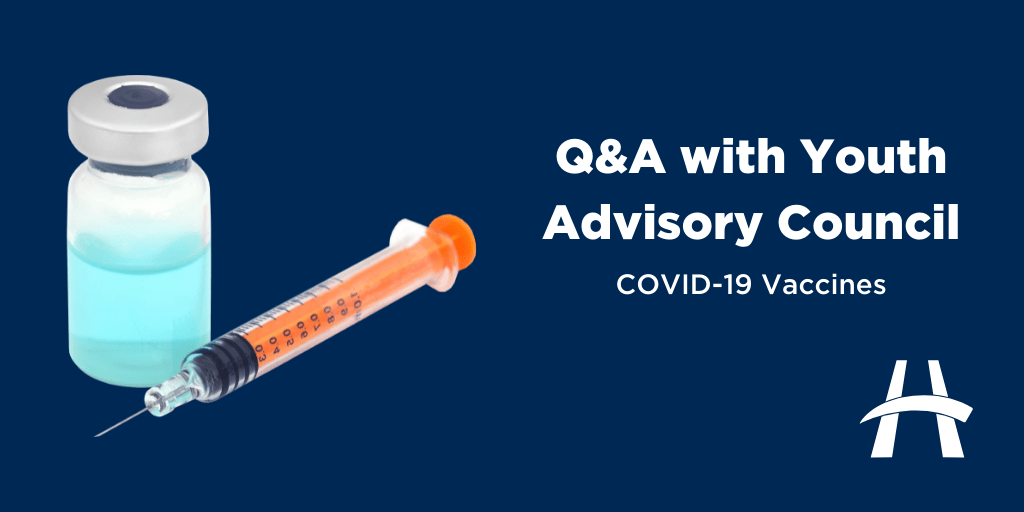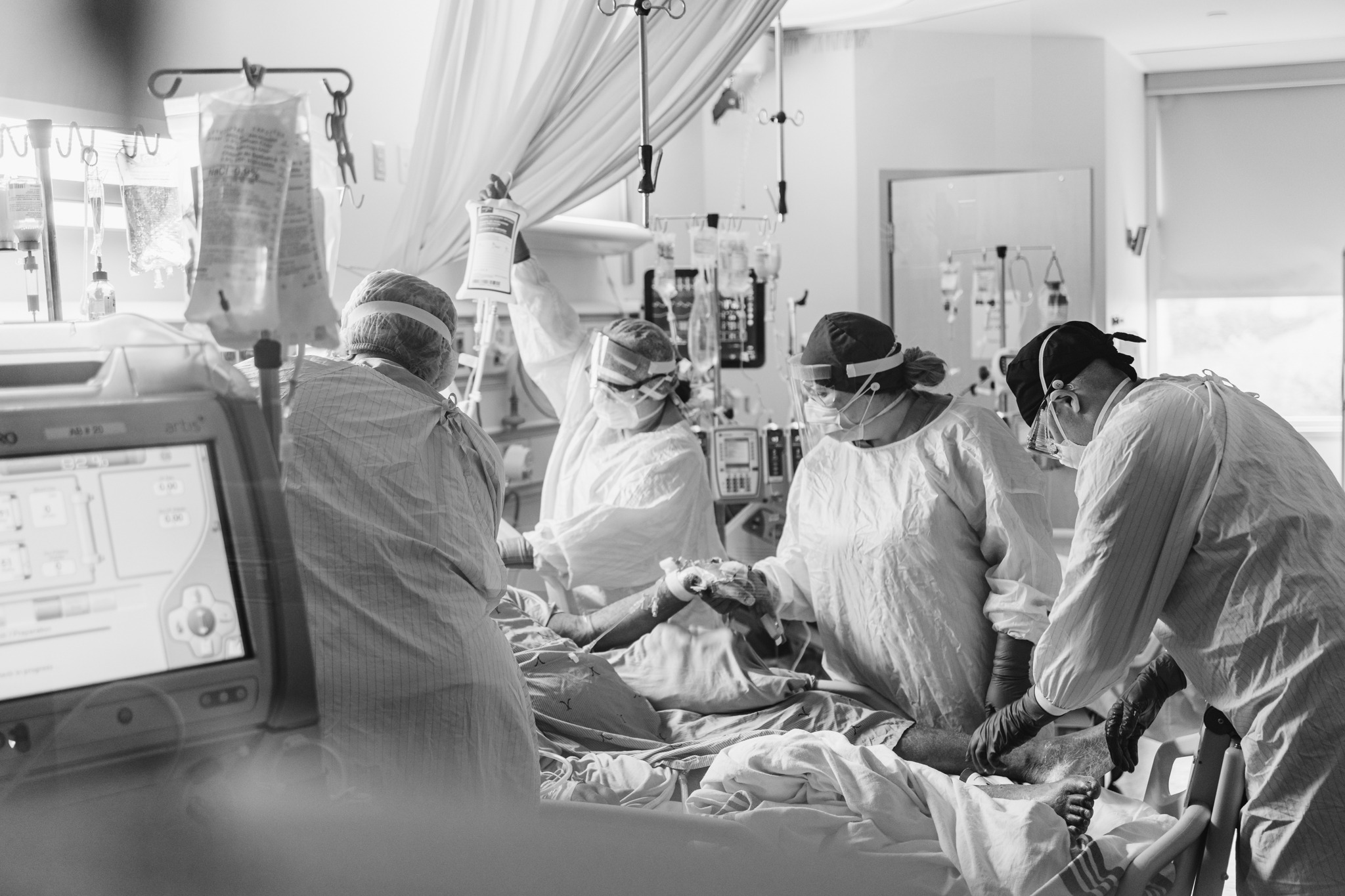
Vaccine success essential in Step 3 reopening in Hamilton
As Ontario enters Step 3 of reopening today, HHS experts have answers to questions about what that means, how to keep staying safe, and where we go from here – especially for kids.

Dr. Fiona Smaill
With vaccination rates in Hamilton and across Canada climbing and COVID cases decreasing, experts say that as long as these numbers continue their current trend, and people keep following public health advice about using masks indoors and avoiding crowds, the virus can be kept under control locally, including variants.
“Most variants are more transmissible than the original virus that circulated more than a year ago, so precautions we take to avoid transmission still need to be robust,” says Dr. Fiona Smaill, medical microbiologist and infectious diseases physician at Hamilton Health Sciences (HHS). “Our hope is that with good vaccination rates and a continued decline in positive cases, we will have very few of these variants circulating.”
Focusing on the success of the vaccine
Evidence continues to show that getting two doses of any COVID-19 vaccines protects against infection, especially from becoming severely ill and requiring hospitalization. While the vaccine won’t stop every single case of the virus, most people who are fully vaccinated and test positive only have mild symptoms. “So, yes, the vaccines are working,” says Smaill.
Smaill adds that the brand of COVID-19 vaccine doesn’t matter. “Mixing vaccines that have been licensed in Canada is safe,” explains Smaill. “Whether a person received one brand or another in Canada, it’s safe. There’s no reason why you should feel you have to hold out for something different, given the strong scientific rationale.”
Walk-in vaccination available
People who remain unvaccinated – whether it’s by choice or by low engagement with the healthcare system – are most at risk of contracting COVID-19.
“If we have pockets of people who are at risk, if they have underlying health conditions, and they’re unvaccinated and catch the virus, they may need to be hospitalized,” says Smaill.
She adds that hospitals like HHS have an obligation to educate and offer assistance to those who have not yet received the vaccine. “We have to really make sure – through every possible way – that we engage those people,” says Smaill. “I asked our social worker to book appointments for some of my patients because they didn’t know how to do it themselves. And we need to get the message out that walk-ins for both doses are now encouraged at some of the vaccination centres.”
Learning to coexist with COVID
Smaill says that the virus will never go away entirely. In fact, physicians expect to see a rise in cases this fall. By vaccinating those who are eligible, severe disease from the virus can be largely kept under control and prevent hospitals from becoming overwhelmed to avoid what was experienced with the third wave.



